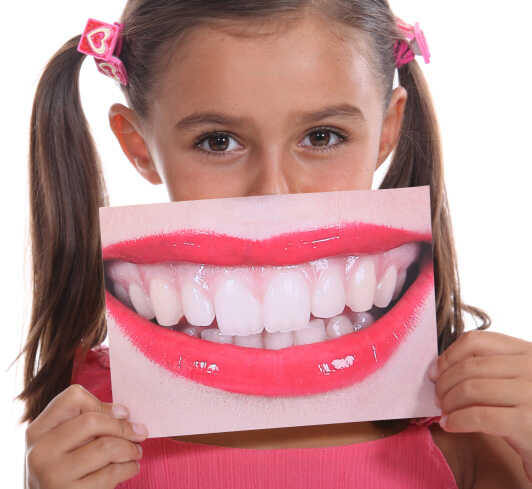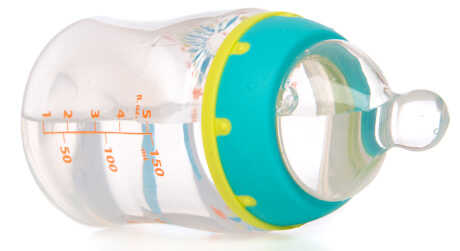Parents often wonder why dentists worry about baby teeth developing cavities, especially since those teeth eventually fall out and are replaced. The answer is simple: baby teeth often determine the placement and health of the adult teeth. If your child develops cavities, they run the risk of damaging their permanent teeth – the decay may move onto their adult teeth, causing early tooth loss, improper growth and development, and problems with your child’s bite and tooth alignment. Healthy baby teeth also help your child learn to speak properly, and aid in chewing and digestion to promote their overall health.

Tooth decay can occur as soon as your child’s teeth begin to erupt through the gums. Our pediatric specialists can provide you with information on how to help you child avoid developing cavities, as well as treatments to restore your child’s smile if tooth decay does occur. We welcome you to contact us at 713-697-6453 to learn more about how to prevent cavities in Humble, Texas, and to schedule your child’s checkup.

Fortunately, there are several things you can do to help you child keep their mouth healthy and avoid developing cavities.
First, help them practice good oral hygiene. You can do this by:
- Gently cleaning your infant’s gums with a clean cloth after each feeding
- As soon as teeth come in, use a tiny amount of ADA-approved toothpaste and an age-appropriate soft-bristled toothbrush to clean the tooth.
- Begin flossing your child’s teeth as soon as there are two adjacent teeth.
- After your child is able to spit out excess toothpaste, begin using a pea-sized amount of toothpaste.
- Help your child maintain a balanced, nutritious diet, and limit his or her consumption of sugary snacks.
- Clean your child’s teeth for them until about age 7. At this point, they will have developed the motor skills and coordination necessary to reach and clean all areas of their mouths themselves.
- Make and keep all regular dental appointments, and have your dentist check your child’s fluoride levels.
Children also develop cavities as a result of bacteria transmitted from the parent’s mouth, or from frequent exposure to sweetened liquids. To help prevent cavities as a result of either of these factors, we recommend that you:

- Rinse pacifiers and toys in clean water. Do not clean them with your own mouth.
- Do not share spoons or other eating utensils with your child. Give them their own, clean spoon.
- Do not give your child a bottle or a sippy cup with sugary drinks.
- Encourage your child to use a regular cup after they are about 12 months of age.
- Do not dip pacifiers in honey or sweet liquids.
- Do not let your child take a bottle to bed. If they insist on having a bottle, fill it with water.
